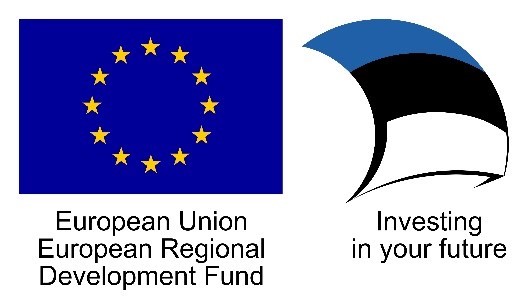Course „Introduction to Stata“
This is an introduction to Stata run over 3 days. During this time it is not possible to cover everything – but we aim to familiarize students with no or hardly any prior knowledge of Stata with the program and make them confident Stata users.
Registration for Course „Introduction to Stata“
27.02, 01.03 and 05.03.2019 at 10.00.-14.00 in room S-338 (Tallinn University)
Lecturers: Martin Klesment, Liili Abuladze, Katrin Schwanitz (TU SOGOLAS, Estonian Institute for Population Studies).
Add to calendar
iCal calendar27.02, 01.03 and 05.03.2019 at 10.00.-14.00 in room S-338 (Tallinn University)
Lecturers: Martin Klesment, Liili Abuladze, Katrin Schwanitz (TU SOGOLAS, Estonian Institute for Population Studies).
Aim and Content – General Description of the Course: This is an introduction to Stata run over 3 days. During this time it is not possible to cover everything – but we aim to familiarize students with no or hardly any prior knowledge of Stata with the program and make them confident Stata users. We will particularly focus on the Stata interface and program specificities, basic data manipulation and handling, descriptive statistics and graphical displays, as well as regression and post-regression analysis.
In order to help the students, the course is based around practical examples. The meetings will be split between lecture style explanations and hands-on exercises, for which data will be provided. There should be some time at the end of each meeting where you can play around with Stata yourself and ask specific questions.
Learning Objectives: At the end of the course the student should be able to conduct basic data and analysis operations using Stata.
Prerequisites: The course assumes no or very little knowledge of Stata. It is thus not appropriate for people already well familiar with Stata. Furthermore, students are expected to have knowledge of statistics and statistical modeling (mainly classical test theory and regression analysis).
The seminar is free but places are limited (10), so registration is required. If you want to bring your own computer with Stata installed on it, please indicate that during registration.
Course Proceedings and Class Meetings:
|
Day 1 |
Course schedule |
Topics to be covered |
|
Wed 27/02/2019 |
10.00 – 11.30 I Session 11.30 – 12.30 Lunch Break 12.30 – 14.00 II session
|
Introduction to Stata [e.g. Stata interface and workflow, reading data, data and variable types] |
|
Basic Data Manipulation I [e.g. Computing new variables: generate, recode, replace, labeling variables] |
||
|
Day 2 |
|
|
|
Fri 01/03/2019 |
10.00 – 11.30 I Session 11.30 – 12.30 Lunch Break 12.30 – 14.00 II session
|
Basic Data Manipulation II [e.g. Computing new variables: generate, recode, replace, labeling variables] |
|
Descriptive Statistics + Graphics [e.g. Tables, mean, count variation; line and scatter plots] |
||
|
Day 3 |
|
|
|
Tue 05/03/2019 |
10.00 – 11.30 I Session 11.30 – 12.30 Lunch Break 12.30 – 14.00 II session
|
Simple Regression Analysis [e.g. Linear regression, hypothesis testing, post-estimation] |
|
Advanced Data Manipulation [e.g. Macros and loops; reshaping data sets] |
Grading and Examination:
Not applicable.
Language of Instruction:
English.
Selected Reading Materials and Additional Resources:
1. Acock, Alan C. A gentle introduction to Stata. Stata press, 2018.
2. Resource to help you learn and use Stata. UCLA Institute for Digital Research and Education (IDRE), USA. https://stats.idre.ucla.edu/stata/
3. Introduction to Stata. Carolina Population Center, University of North Carolina at Chapel Hill, USA. https://www.cpc.unc.edu/research/tools/data_analysis/statatutorial/
4. Stata Tutorial. Germán Rodríguez, Princeton University, USA. http://data.princeton.edu/stata/
5. ‘Stata for Students’ and ‘Stata for Researchers’. Social Science Computing Cooperative (SSCC), USA. https://www.ssc.wisc.edu/sscc/pubs/sfs/home.htm / https://www.ssc.wisc.edu/sscc/pubs/sfr-intro.htm

Activity is financed by the European Regional Development Fund through the institutional package measure for R&D institutions and higher education institutions (ASTRA project TLU TEE of Tallinn University) and is organised by Doctoral School of Behavioural, Social and Health Sciences.